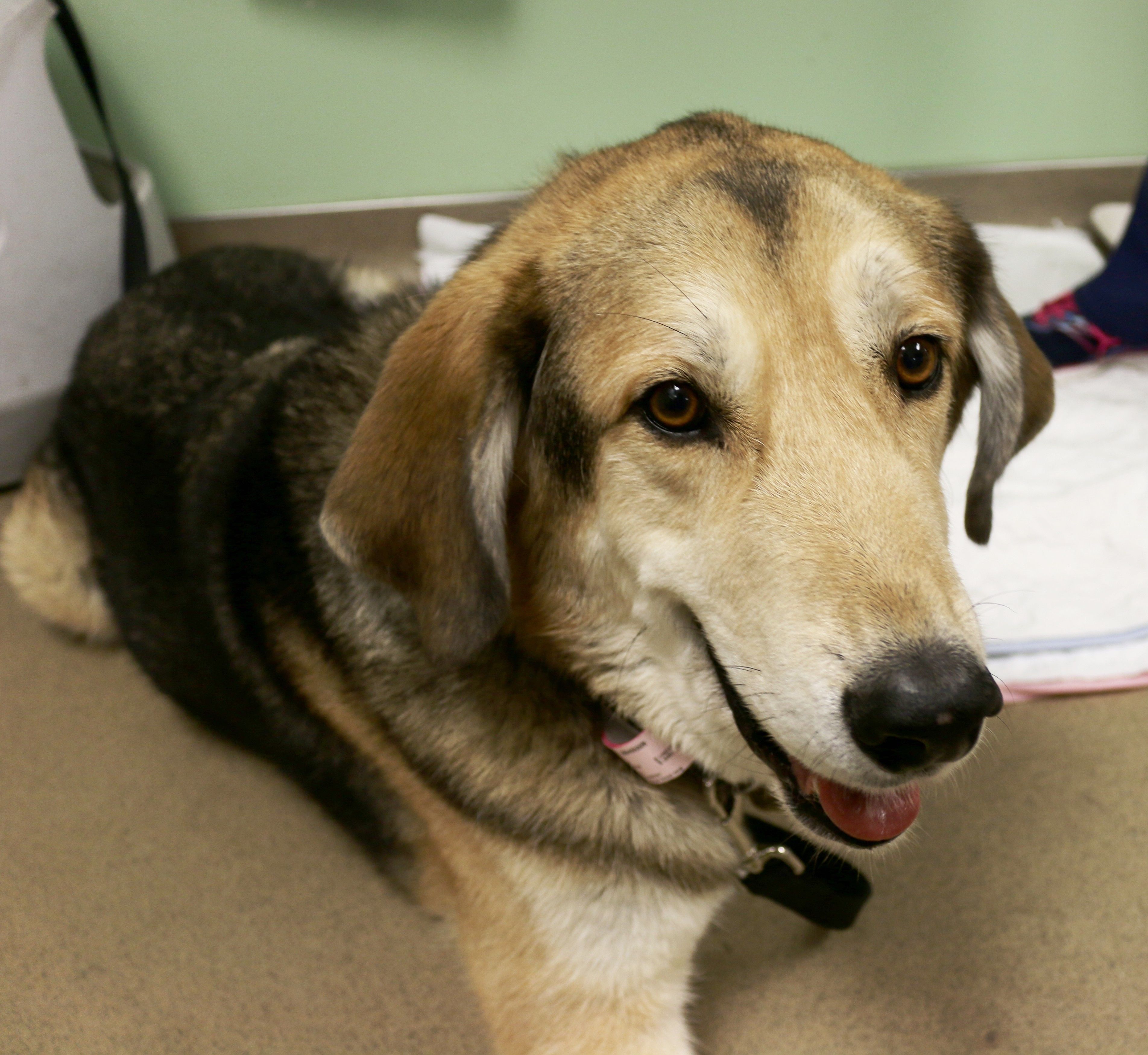The Canines-N-Kids Foundation seeks to make certain that every dollar granted or invested makes the biggest impact possible towards a better understanding of the cancers canines and children share in common, including:
- the underlying biology, mechanisms, targets of cancer;
- potential side effects/toxicities of new medicines; and,
- the potential effectiveness of new treatments, particularly targeted therapies
Two main factors will guide our research funding:
- We will always have quality of life of canine patients as a primary filter as we consider comparative studies, AND
- whether and how to bring the best outcomes and data forward for the benefit of pediatric cancer patients.
Shaping our Priorities
The Foundation will host its first Translational Research Priorities Meeting in mid- 2017 (as part of the first annual CNK Conference). We will hold follow-on annual meetings with leading veterinary and pediatric oncology researchers in order to bring the brightest around the challenge of treating and curing the cancers that canines and kids share in common, and to help advise the Foundation on its funding priorities.
The Foundation's Medical and Scientific Advisory Group and Board of Directors meet on a regular basis to ensure we invest in the greatest impact comparative research and clinical trials possible, and yield the best possibilities to help the pediatric oncology community. Our current disease-specific funding priorities are:
- osteosarcoma;
- certain brain/CNS cancers (e.g. glioma, GBM); and,
- certain blood/lymph cancers
Our funding priorities are divided into four general categories:
-
Mechanistic research to better understand the underlying biology of the cancers common to canines and kids;
-
Translational veterinary oncology research and early phase (Phase I-II) clinical trials, particularly emerging immuno-oncology and cell-based therapies;
-
Phase III canine clinical trials to evaluate the effectiveness or efficacy of potential new treatments; and,
-
Education of the next generation of veterinary and pediatric oncology researchers specializing in translational and comparative research.






